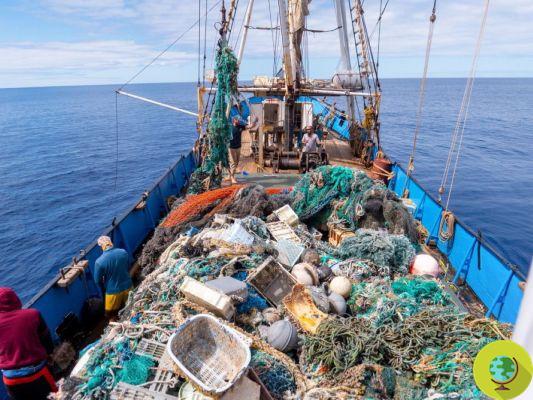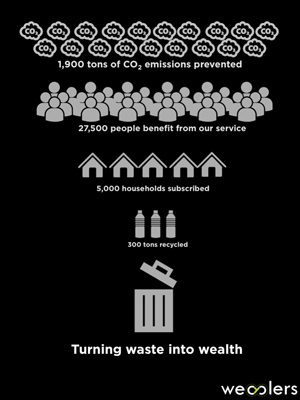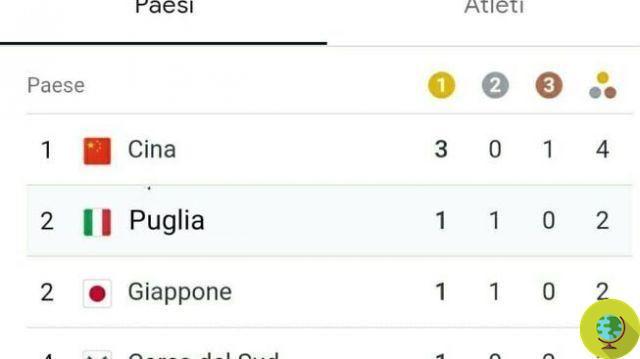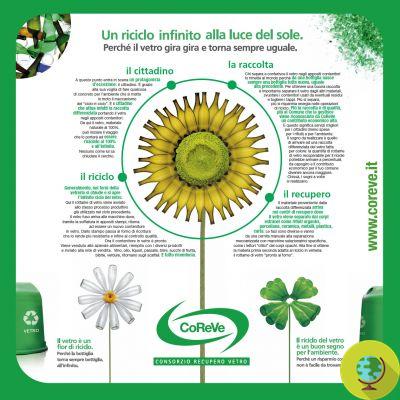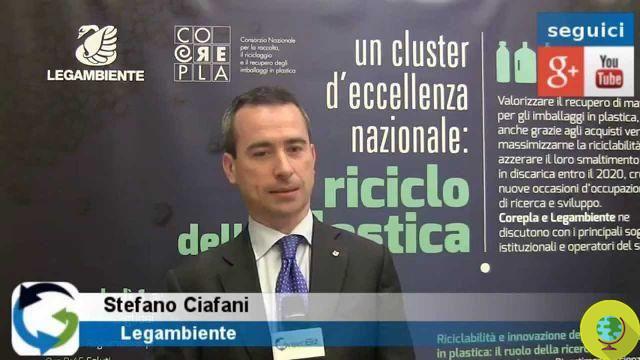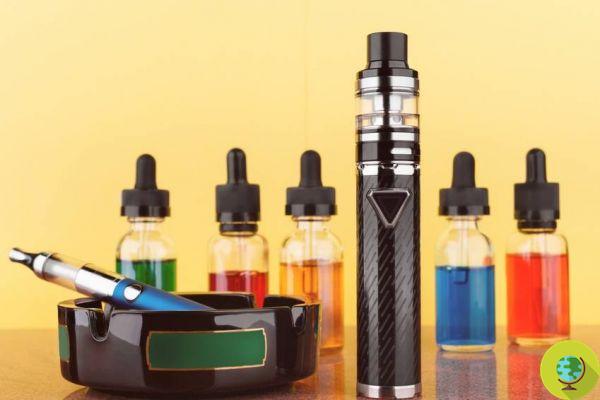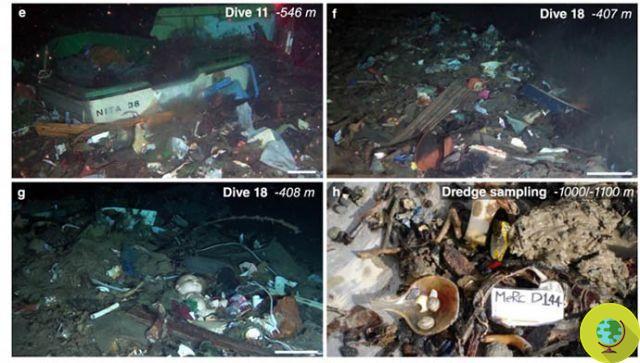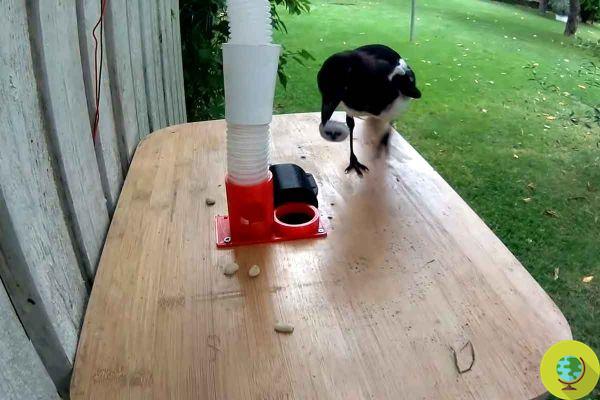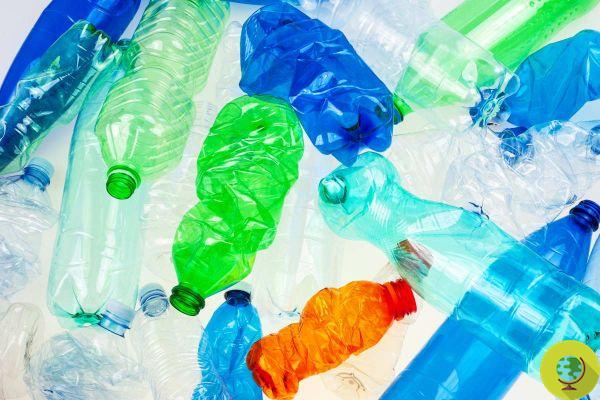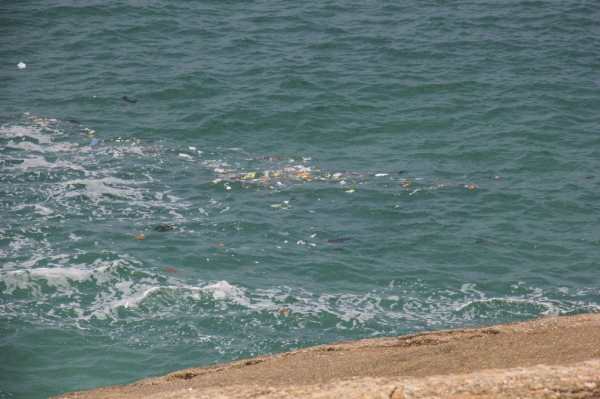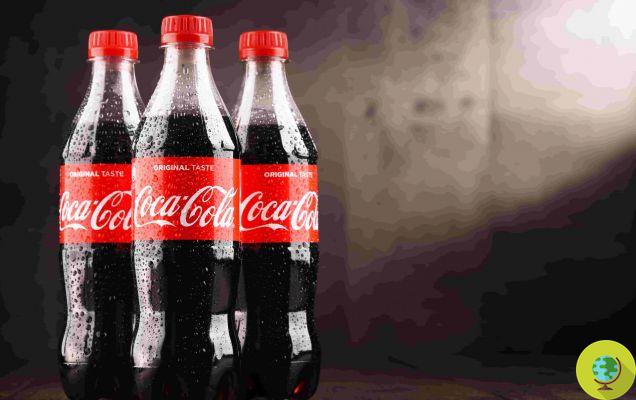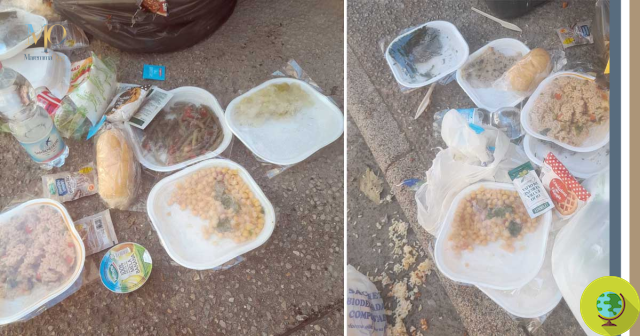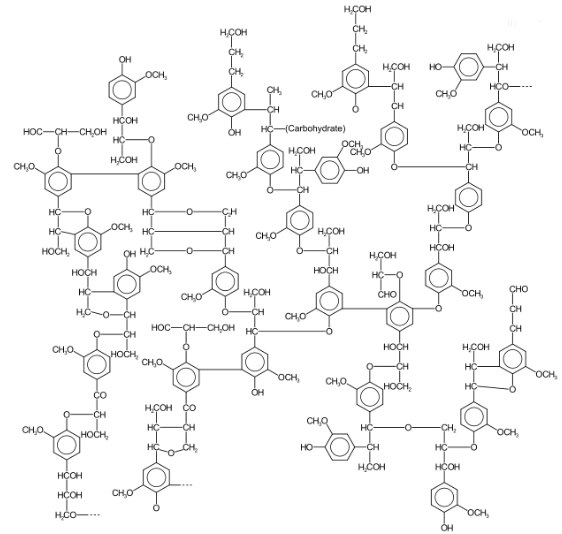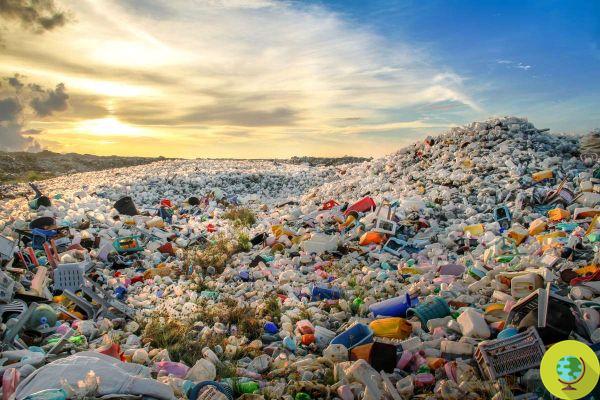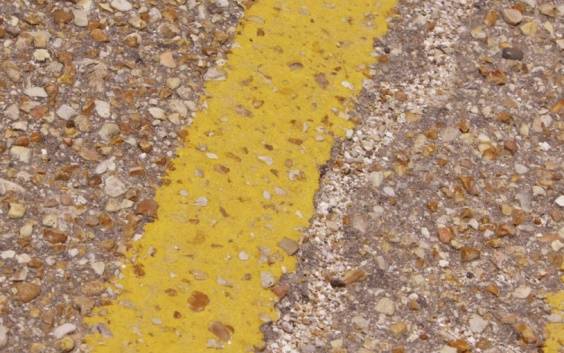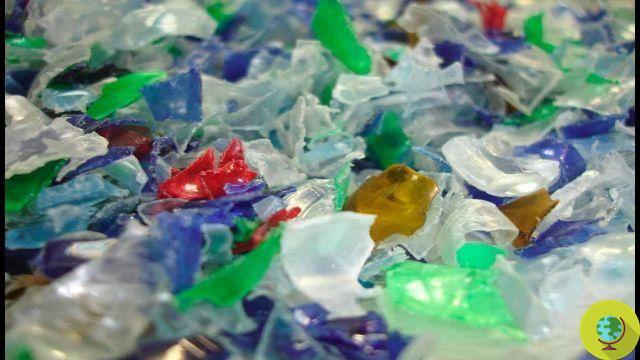
Degrade plastic in just 15 days and not hundreds of years. This is the ambitious goal of a group of Mexican researchers. Here is the study.
Biotechnology and plastics. Degrade plastic in just 15 days and not in hundreds of years. This is the ambitious goal of a group of Mexican researchers who started from some types of combined enzymes to arrive at a complete disintegration of the material in a short time.
Plastic, and we all know it * well, and its disposal, are not something to be taken lightly. From 1950 to today we have produced, according to scientific estimates, about 8 million tons of plastic. And if everything remains - alas - unchanged, it is estimated that by 2050 we will have 12 million tons of plastic materials in the environment, including oceans, landfills, fresh water and terrestrial ecosystems. And if we think that even 90% of plastic comes from oil, the environmental impact is multiplied.
Based on these data and, above all, on the mind-boggling figures that only the Mexico supplies - around 722 million tons of plastic are generated each year here alone (and on average, each Mexican ingests 163 liters of soda and water bottled in PET per year) - a team of scholars from the National University's Faculty of Chemistry Autonomous Mexico (UNAM), coordinated by Amelia Farrés and Carolina Peña, has come up with a method that degrades plastic in just 15 days (for now still patent pending).
In their study "Cutinasas recombinantes de Aspergillus nidulans para degradación de poliésteres", they used a biotechnology through a type of artificially produced recombinant enzymes (the so-called cutinases). What they found was that isolating a fungus frequently found in fruits and vegetables (Aspergillus nidulans) and introducing it into the yeast Pichia pastoris, a host organism widely used as an expression system for the production of recombinant proteins, results in a degradation: the enzyme, that is, breaks the (ester) bonds of PET “As if it were a pair of scissors”. Thus, the enzyme acts, as it would in nature with other polyesters, breaking the bonds of polyester, PET.
On plastic waste you can also read:
- Plastic devouring larva discovered. The solution against pollution?
- The bewildering images of plastic waste in the sea
Also, the enzymes would produce chemical reactions at room temperaturethat is, under milder and more environmentally friendly conditions than other plastic waste treatments, such as heat. For this reason, it is also a clean and economical treatment at the same time and not only: in the course of research, scholars have found that enzymes are able to disintegrate four types of polyesters, including PET and others, with percentages higher than 90 %.
For now, as we have said, there is no patent yet, but the website indicates the University's intention to scale the project and bring it to industry. “Working at a macro level could represent a great help in the fight against plastic waste with which we are forced to live up to future generations”.
Fingers crossed!
Germana Carillo




